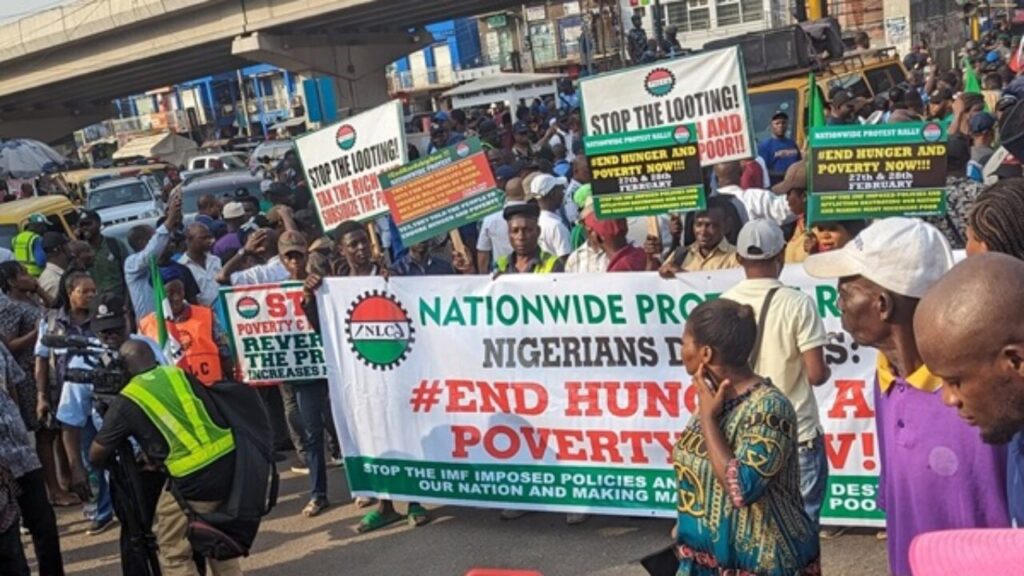The once-familiar adage, “suffering and smiling,” no longer captures the essence of life for the average Nigerian. While striving to navigate the challenges of daily existence, the enduring hardships present a grim reality. Over the years, Nigeria’s economy has been battered, and successive administrations have seen widespread mismanagement, siphoning of public funds, and an alarming state of insecurity. Consequently, life has taken a turn for the harsh and unpleasant for most Nigerians.
After more than ten months into the current administration, which was elected on the promise of restoring hope, the reality on the ground has left many disillusioned. Past assurances have become hollow, serving as nothing more than empty rhetoric, devoid of tangible outcomes. Today, the agony and tribulation transcend class boundaries; the once-privileged now grapple with the same afflictions as the less fortunate.
Nigeria’s leadership class, across various administrations, has been marred by corruption and misappropriation of public resources. The current administration, it seems, is not exempt from this pattern, continuing the trend set by its predecessors. The present hardships are the cumulative result of years of poor governance, characterized by unprecedented corruption and unabated looting of national coffers.
Alarmingly, Nigeria has witnessed a staggering 33 percent increase in food inflation, per the Consumer Price Index (CPI) report from the National Bureau of Statistics. This has propelled the country from being labeled the world’s poverty capital to a place where more than 90 percent of the global hungry population resides, as per recent reports.
The Food Security Report released by the World Bank paints an even grimmer picture, attributing Nigeria’s dire situation to escalating insecurity and armed conflicts in various regions. The far northern states, particularly Adamawa, Borno, Kaduna, Katsina, Sokoto, Yobe, and Zamfara, are predicted to face critical food insecurity due to a combination of ongoing insecurity and dwindling livelihoods.
It remains unclear how the release of over 102,000 metric tons of various grains from the National Food Reserve and the Rice Millers Association of Nigeria will address the needs of a nation of over 200 million.
A significant contributor to the deepening food crisis is the pervading insecurity, which has driven farmers from their lands, turning once-thriving agricultural regions into dangerous zones. The rise of kidnapping, which has become the most profitable criminal activity in Nigeria, has further exacerbated the situation.
Regrettably, the government’s response to the escalating food crisis and surging prices has been inadequate. Promised palliatives to mitigate the hardships have remained elusive, leaving many to struggle with mounting adversity.
There is an impending crisis, and the recent protests witnessed in several cities and states may foreshadow a larger movement. The Federal Government and all relevant authorities must act swiftly to address the rising suffering and hardships. As the saying goes, “a stitch in time saves nine.”










More Stories
Bringing Life to Ajaokuta Steel Company
Reconsidering the cybersecurity levy
Tinubunomics: what’s working, what’s not, why and way forward